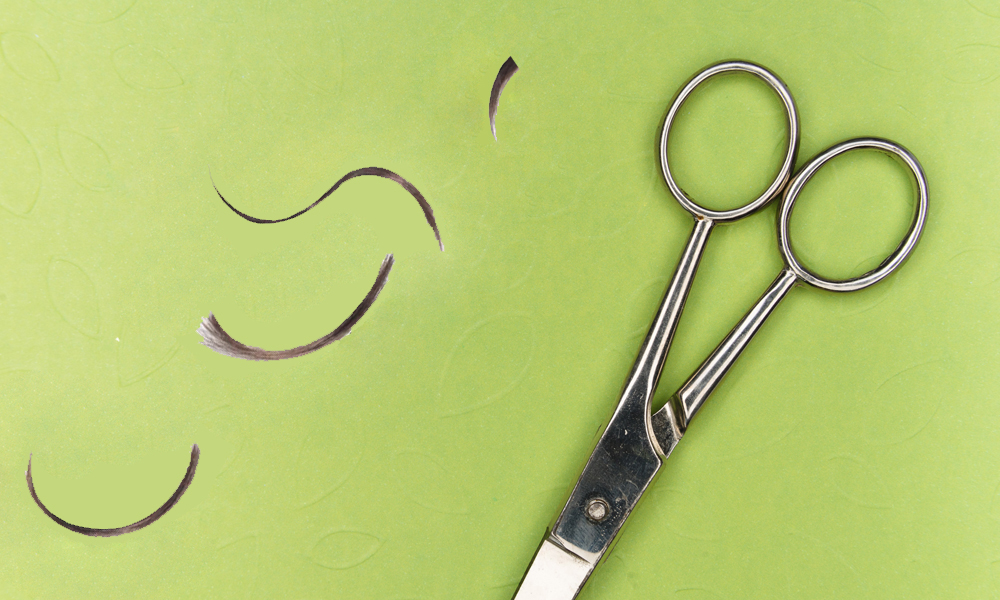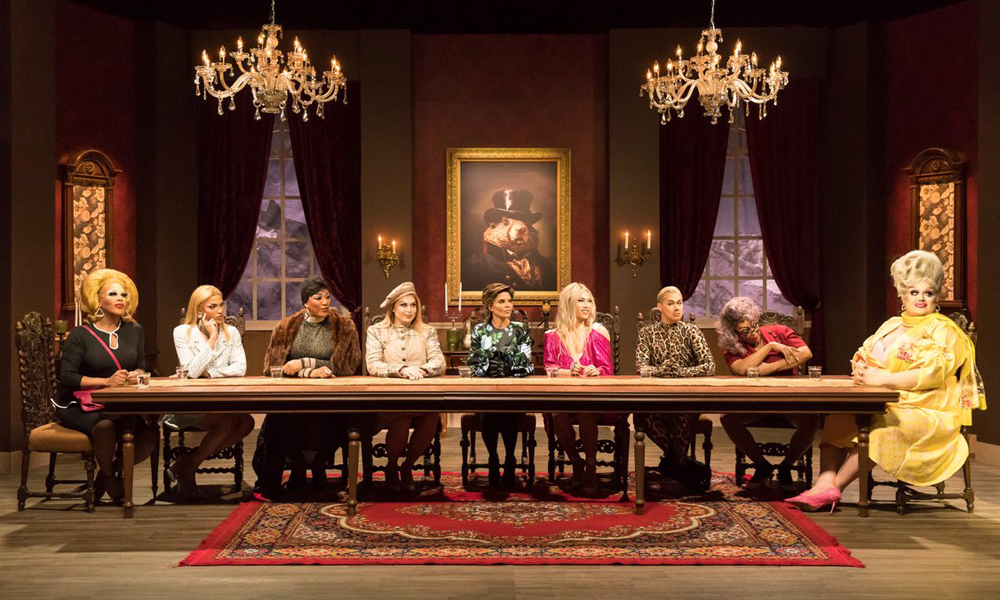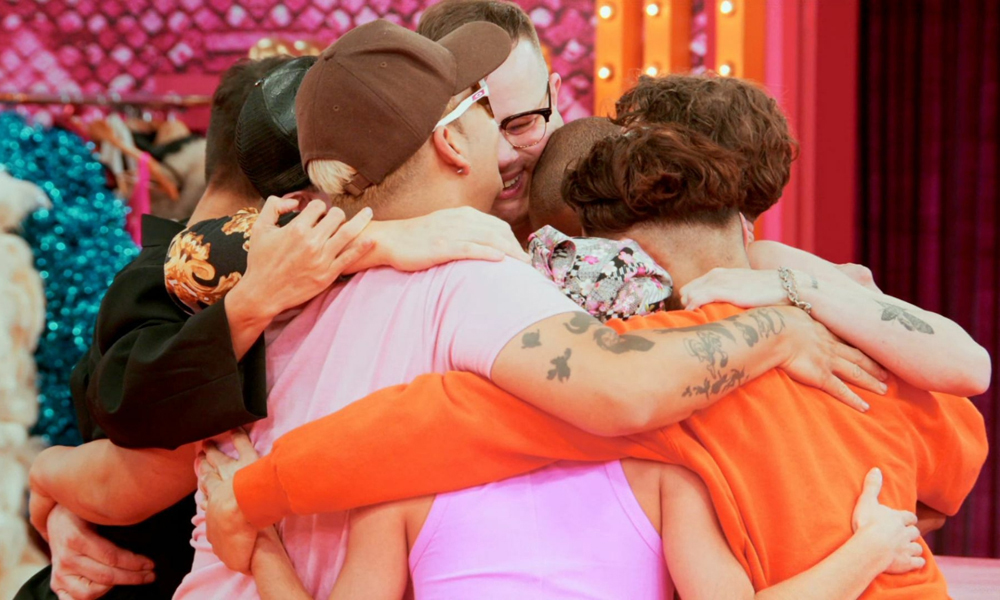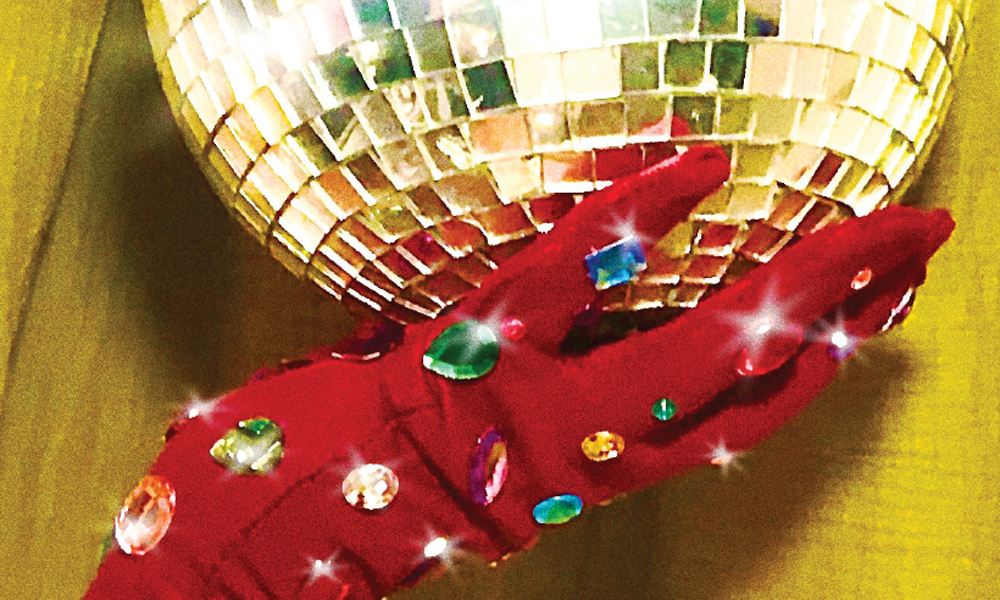After years of slowly realizing how I want to present my gender, I finally took the next big step
By Em Norton
Recently, I cut my hair short for the first time. The trope of the “first queer haircut” being monumental is certainly not uncommon, and I’ll be honest, it felt like that for me. It was the first time I’d had short hair. And it was a long time coming in my to-do list of feminized-practices-I-want-to-give-up-but-don’t-out-of-guilt-and-obligation. This haircut was a signed permission slip: I could let go.
Immediately, I was overcome with the tumultuous feeling of relief and freedom, but also anxiety and panic. Moving towards a gender presentation I’m comfortable with as a recently realized nonbinary person felt positive in so many ways, but it didn’t negate the years’ worth of performative femininity and expectations I’d been trying to uphold. The security blanket of long hair was the last strand of performative femininity I was clinging to, and now I feel like I’ve laid myself bare to the world.
Each practice, habit, mannerism and aesthetic choice I made could be attributed to what I’ve been taught the world wants from me: smallness, quiet, servitude, sexuality (but only the “pure” kind). Coming out as queer nearly seven years ago, living openly as a queer person, and gradually changing my style choices has felt like chipping away at an ice block to find myself underneath the layers of self-preservation and conformity.
This isn’t to say I am not a feminine person. I actually feel very in touch with femininity and see it as an integral part of my identity alongside masculinity and gender nonconformity.
But in order to embrace femininity in the way I want to, I have to reject the ways I’ve been performing it for so long. This is certainly not an easy thing to do, but it is necessary in terms of gender affirmation and, frankly, life affirmation. And existing in the discomfort of conflicted feelings that my haircut spawned has strengthened my relationship to feminized aesthetics and behaviours. Femininity has become more powerful to me since realizing I am not a woman, and cutting my hair made me feel like I had control over femininity.
When the chop first happened, I felt free. I sent photos to trusted loved ones and couldn’t stop touching the back of my neck, feeling the open space and room to breathe. After a weekend of living in my own queer little world, I left the house, ventured back to work, and showed off my cut a bit more widely on social media. That sense of freedom I first had was disrupted knowing other people’s perception of me was now altered, even slightly.
I’m the type of person who likes their comfort zone a bit too much. And with this choice, I had left it. The feelings to come were uncomfortable, and though I couldn’t realize it right away, the discomfort was something I needed to feel and reflect on. I was panicking at the thought of being more visibly queer. I was staring in the mirror, over-analyzing and deciding it didn’t look good after all. I was willing it to grow back, hang down my shoulders, shelter me.
But it was ultimately because of this prolonged sheltering that it took me so long to cut my hair in the first place. I’d wanted to for years, even before I realized I’m nonbinary, but wasn’t able to finally push myself to book the appointment until recently. Performative femininity was protecting me, or so I thought. It was protecting me from people questioning my identity and sneering at my queerness. But it was harming me to not be myself outwardly.
Haircuts are certainly not the centrepiece of queer identity or feminine identity. But for me, it was a clear choice to be made in affirming myself as nonbinary. And despite the discomfort of leaving behind something that has been a part of my physical appearance for so long, I’m glad I did it. Making this choice for myself has allowed me to truly see femininity for all it’s worth and the ways in which it affirms me, as well as find new ways to experiment with it. The anxiety hasn’t completely disappeared. I still feel stressed when I can tell a family member is looking at me confusedly. But I feel confident when I challenge what is expected. And even more confident when I like how it looks.
—
EM NORTON is a queer poet and writer from Toronto. You can find more of Em’s work at emnortonwrites.com.






POST A COMMENT